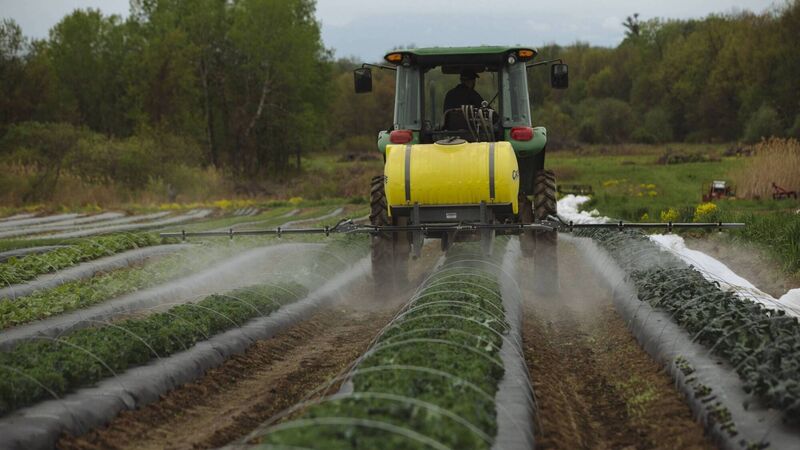New battle over EU pesticide vote to rival Nature Restoration Law

EU environment committee wants a 50% reduction in the use and risk of pesticide chemicals, and a 65% reduction of the most hazardous ones, by 2030. Picture: Angus Mordant/Bloomberg
Farmers will be at the centre of a new battle in the European Parliament next month when voting on the Sustainable Use of Pesticide Regulation promises to be just as controversial as the Nature Restoration Law, which escaped being shot down last July by only 12 votes out of 649.
Both are pillars of EU Commission president Ursula von der Leyen’s European Green Deal. Both have to be approved and agreed by the parliament and by member states.













